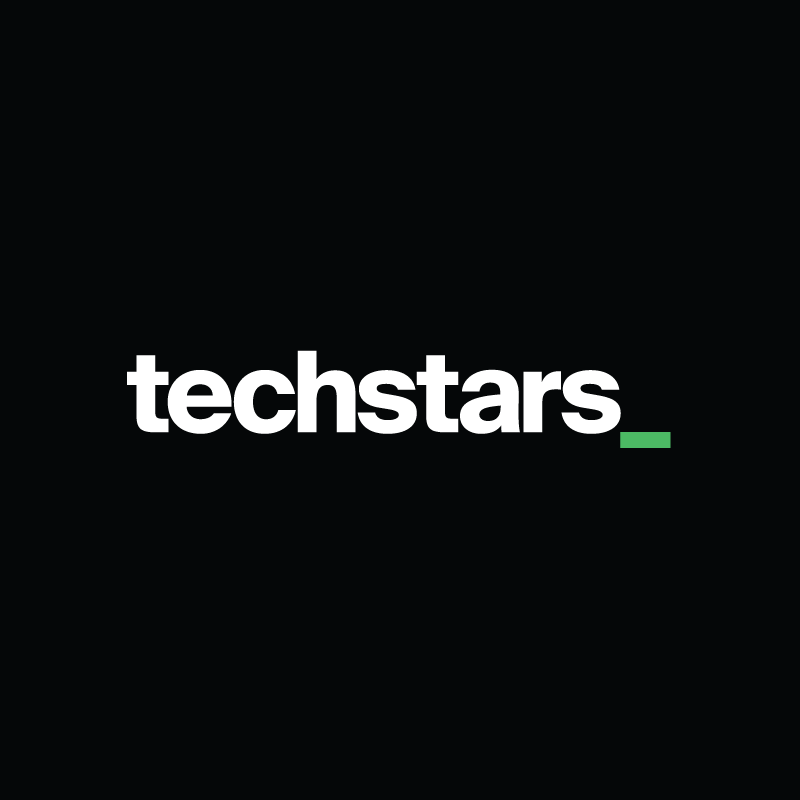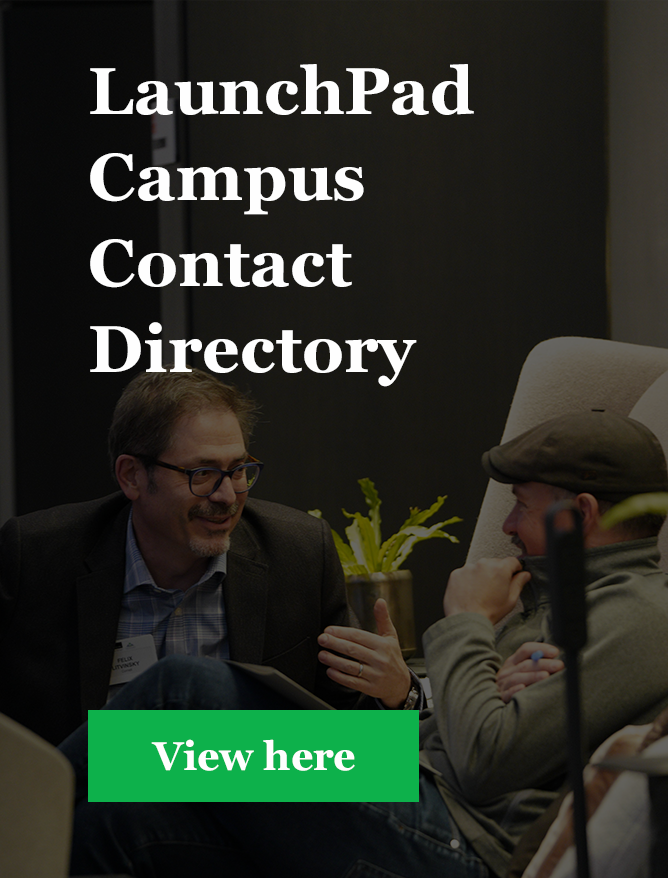Though the formal Campus Ambassador Program is a relatively new opportunity for schools and students in the LaunchPad network, Blackstone executives and employees have been actively volunteering as mentors throughout our ten-year program history. For example, Matt Katz, Managing Director and the head of data science for Blackstone, has been working with Deanna Evans and students at UCLA for several years now. We recently interviewed Matt to understand his experience, motivation, and some best practices around this opportunity.
Introductions and Experience
 Originally from Los Angeles, Matt’s first experience with UCLA began as a child when his parents (both of whom are alumni) took him to watch events at Pauley Pavillion. Three years ago, Matt decided to explore new avenues to get more involved in philanthropy and the Blackstone Charitable Foundation. As an intrepreneur himself, having successfully grown a team of 20 at Blackstone, he had a desire to get involved in promoting and supporting entrepreneurship - LaunchPad was a perfect fit.
Originally from Los Angeles, Matt’s first experience with UCLA began as a child when his parents (both of whom are alumni) took him to watch events at Pauley Pavillion. Three years ago, Matt decided to explore new avenues to get more involved in philanthropy and the Blackstone Charitable Foundation. As an intrepreneur himself, having successfully grown a team of 20 at Blackstone, he had a desire to get involved in promoting and supporting entrepreneurship - LaunchPad was a perfect fit.
“I find entrepreneurship to be a very selfless pursuit,” said Matt. “Student founders are often seeking a better outcome to a problem that will ultimately have a positive impact on society. And though entrepreneurship is often a solo, and even isolating journey, I’m driven to share the mentoring experience, and wonderful resulting outcomes I’ve had, with others.”
Matt has found his work with LaunchPad to be a great way to engage with an individual institution, and help people at an incredibly formative stage in their life. He recognizes that with intense pressure on students to find successful - and stable - careers, entrepreneurship can feel like a distraction from one’s studies, but it also teaches the foundations many employers ultimately look for in candidates.
Holiday Season Visits
Functionally, Matt returns to UCLA’s campus once a year, during the holiday season and participates in a fireside chat-style lunch and half-day ‘office hours’ with a select group of Startup UCLA students. Deanna Evans typically invites 8-12 student entrepreneurs who she feels, based on their startups, can most benefit from hearing Matt’s perspective and experience and discussing their ideas with him. The students also must bring a collaborative and collective mindset to the interaction to be able to best play off one another and achieve the optimal outcome.
According to Matt, “I start our discussions by being transparent about the mistakes I’ve made in my career and in building a new business at Blackstone - I’ve found that authenticity to be the best and fastest way for me to engage with students. We are then able to more freely discuss the constraints and obstacles they’re facing and ‘crowdsource’ possible solutions.”
Over the years, several students have then stayed in touch with him and have provided the opportunity for him to continue mentoring and advising them remotely from New York.
Data Science Perspective
There are a lot of interesting ideas to explore, questions you can ask, and data you can track, but Matt often encourages the students at UCLA to focus intensely on what can drive a fundamentally different, or better outcome - that is how you can build a real business. This does not always occur immediately or naturally, and requires a close working relationship with customers or partners to help evaluate what is truly differentiated.
“Sometimes students require some ‘soft management’,” said Matt. “By challenging their ideas and discussing their strategies, I help them organically come to the conclusion that maybe pivoting to a different solution, expanding beyond their initial niche, or building something more scalable might ultimately be a better solution for their end customer or market.”
Characteristics of Successful Mentees
Matt finds several mentee qualities to be critical in benefiting from an experience like this:
- Transparency - Students will only get out as much as they’re willing to share, and to maximize that potential requires a level of honesty, openness, and vulnerability.
- Humility - A key tenet of how Matt has built his own team is humility: entrepreneurs should recognize that others may have thought about a problem before or have different ideas, and that these perspectives are invaluable in identifying business fit.
- Follow-up - While many think it is critical to follow-up with a mentor or customer (and it is!), Matt argues that it is equally important to follow-up with yourself: what changed relative to your prior assumptions, what were your key take-aways, and how will you action those going forward.
Personal Impact on Motivation
 Matt credits his own mentors, including John McCormick, Matt’s former boss and the Global Head of Blackstone’s Hedge Fund Solutions business (BAAM), for setting him up and empowering him to be uniquely successful in achieving his goals at the firm. John and other individuals conveyed a sense of support, confidence, and trust in Matt that has been critical. One result of this, commonly an outcome of successful mentorship, is the responsibility that these kinds of relationships create.
Matt credits his own mentors, including John McCormick, Matt’s former boss and the Global Head of Blackstone’s Hedge Fund Solutions business (BAAM), for setting him up and empowering him to be uniquely successful in achieving his goals at the firm. John and other individuals conveyed a sense of support, confidence, and trust in Matt that has been critical. One result of this, commonly an outcome of successful mentorship, is the responsibility that these kinds of relationships create.
“Because of the commitments my mentors made to me,” said Matt, “I’ve always had a deep sense of duty to succeed. They were trusting me and empowering me to be successful, and I was going to do everything I could to make sure I delivered and did not disappoint them.”
For any LaunchPad student who has the motivation, characteristics, and desire to be mentored by a Blackstone employee, be sure to reach out to your designated campus ambassadors. Alternatively, campus directors are invited to utilize the Request a Mentor form to match their students with a Blackstone or Techstars expert who can help them develop an idea, support and guide their progress, and increase the chances of their success.






